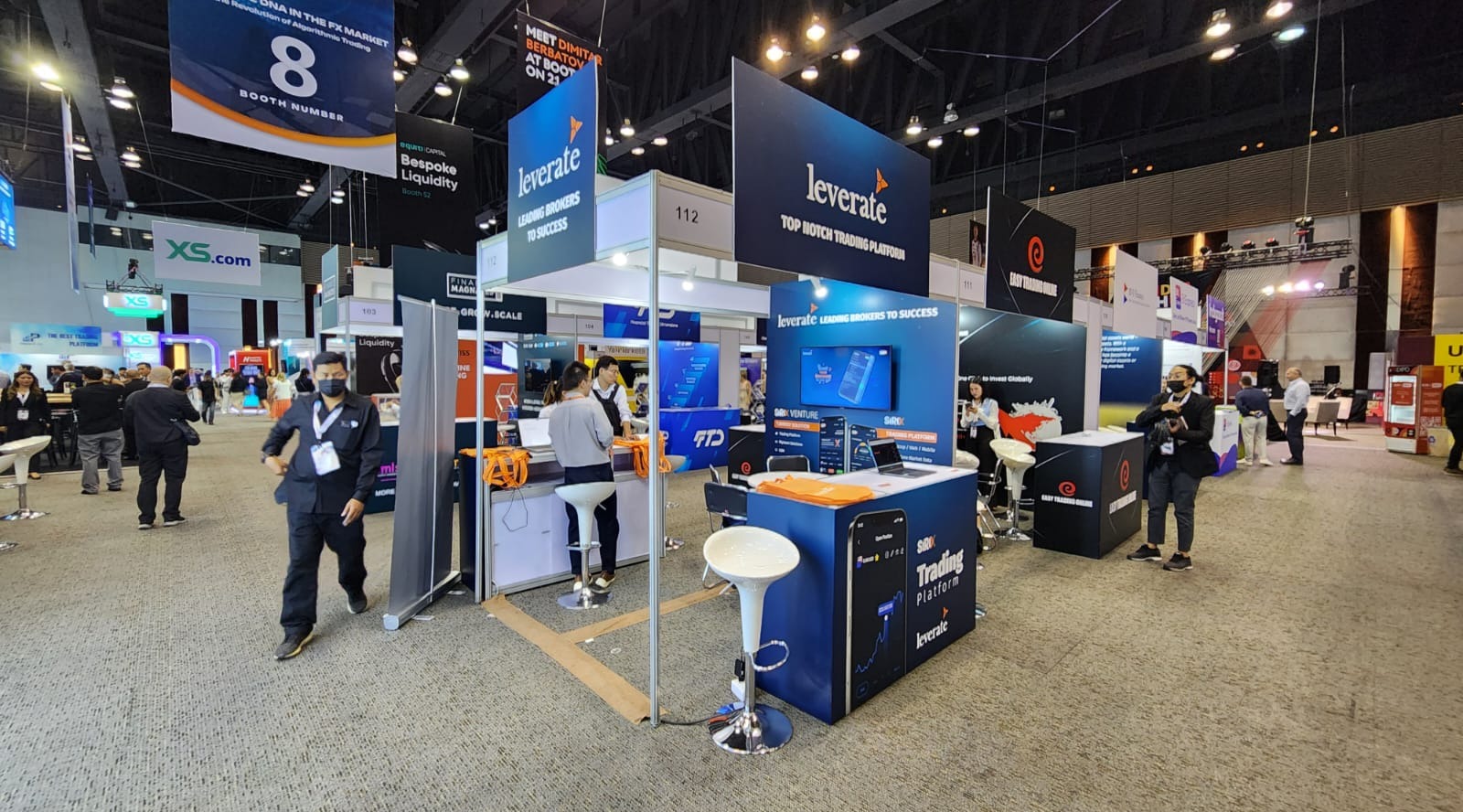Iris Energy, an Australian-based cryptocurrency firm publicly listed on Wall Street (NASDAQ:IREN), has switched off a part of its mining hardware used as collateral in a $107.8 million loan. According to the newest regulatory filing at the US Securities and Exchange Commission (SEC ) from 21 November 2022, the company's electricity costs increased by 312% over one year.
The secured miners owned by Non-Recourse SPV 2 and Non-Recourse SPV 3 produced insufficient cash flow. Their operations generated around $2 million in crypto profit monthly, which is significantly below the debt obligation of $7 million.
Iris Energy was forced to reduce its hash power to 3.6 exahashes per second (EH/s). However, the company intends to increase its mining potential. It wants to benefit from $75 million in prepayments made to Bitmain, a mining rigs manufacturer, as part of its contracted 7.5 EH/s machines for independent mining.
Moreover, the company announced some preliminary financial results for the third quarter of 2022. Operating revenues reached $16.2 million, which is a significant increase from $10.4 million reported in the previous quarter. However, as mentioned at the beginning, the company had to cover a substantial increase in electricity costs to $6.6 million from $.16 million reported in the same period last year.
A Growing List of Miners' Problems
The Aussie cryptocurrency mining company is not the only firm whose operations have recently been hovering on a thin profitability line. The prolonged 'cryptocurrency winter', a situation where major assets move in a sideways trend at multi-month lows for an extended period, visibly cut potential profit.
Bitcoin has now lost 80% since its historic highs in 2021 when it cost nearly $70,000. Revenues and valuations of publicly traded mining companies on Wall Street are falling accordingly.
Iris Energy's shares have slipped 90% this year alone, and its rival Canaan has lost 50%. The company reported its third-quarter figures in the first half of November, showing a 90% drop in net income.
On top of that, HIVE Blockchain Technologies Ltd. and Hut 8 Mining Corp. felt the 'Bitcoin blues' and reported a sharp decline in revenues despite increasing hash power and a total number of mined cryptos.
The daily profit of BTC miners is now $13 million, which is the lowest in more than two years. Bitcoin currently costs less than $17,000, and until it moves back higher, the condition of the mining industry will certainly not improve.


















